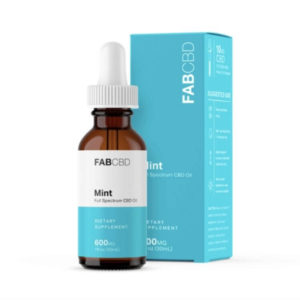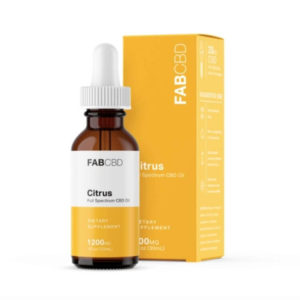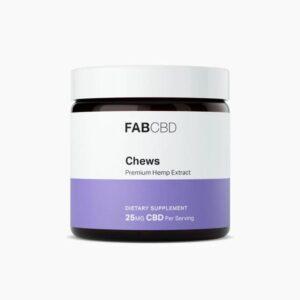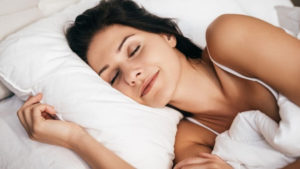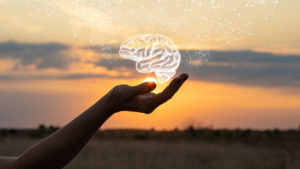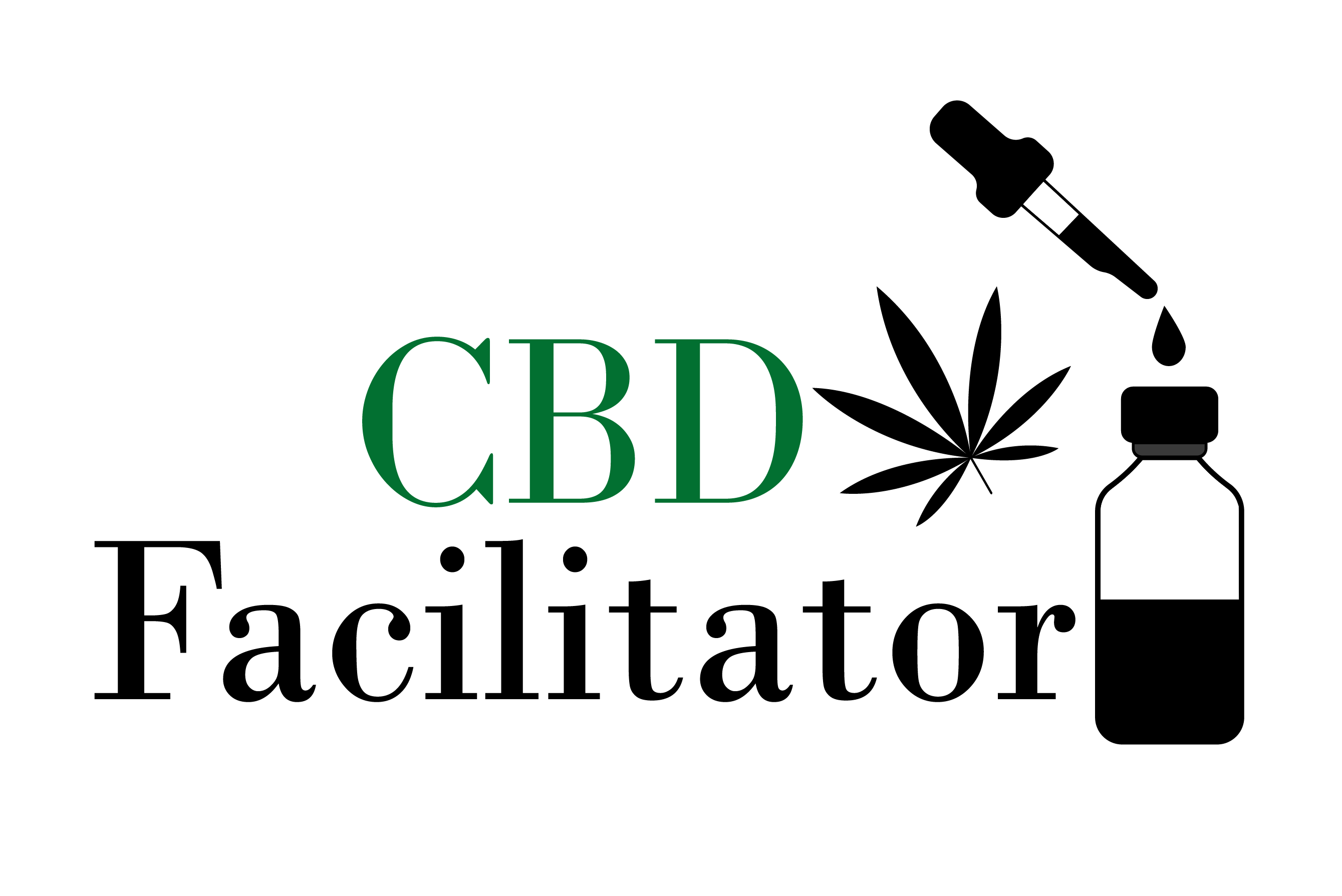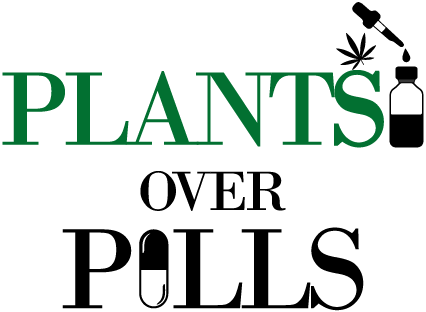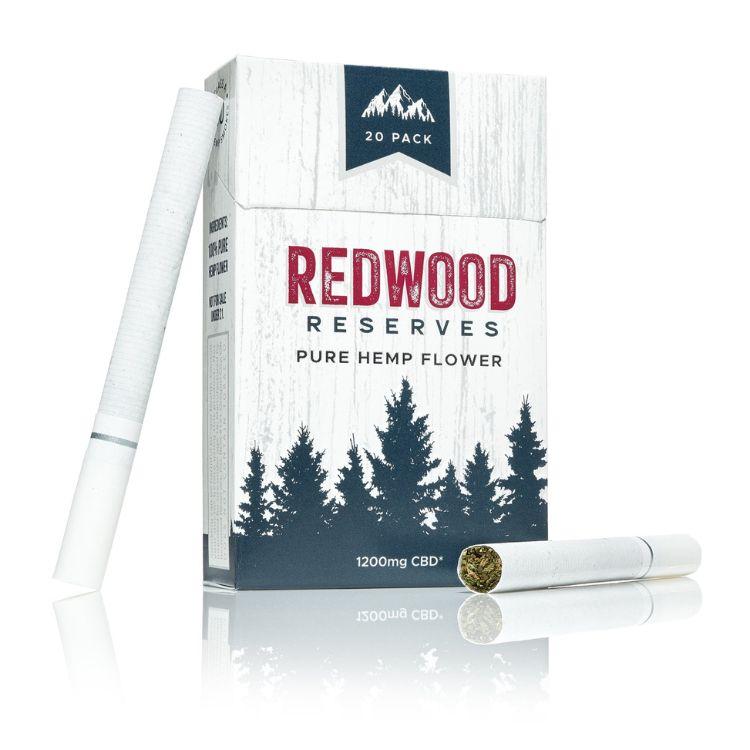Bipolar disorder is a mental health condition that can cause sufferers a great deal of stress, and can really disrupt one’s ability to function effectively in day-to-day life if it goes untreated or undiagnosed.
The good news is that it can be managed with the use of some medications, like mood stabilizers, SSRIs, and antipsychotics, but these can sometimes come with unwanted side effects. For those seeking an alternative treatment to bipolar, you may be wondering: can CBD treat or alleviate bipolar symptoms?
Why It’s Better Than the Rest
- Three Different Potencies and Five Tasty Flavors
- Full Spectrum of Cannabinoids and Terpenes
- Every Bottle is Made to Order Ensuring Freshness
- 12 Month Shelf Life
What is bipolar disorder?
Bipolar disorder (sometimes called manic depression) is a mood disorder characterized by extreme high and low fluctuations of mood. People with bipolar will oftentimes feel sad, empty, or otherwise low for weeks or months at a time, and then shortly afterwards they may switch to feel incredibly happy or energized for weeks and months at a time, sometimes with periods of normalcy in between.
Periods of depression in bipolar are often characterized by symptoms such as:
- Feelings of sadness, emptiness, or irritability
- Thoughts or plans of suicide
- Rapid fluctuations in weight or appetite
- Loss of or reduction in feelings of pleasure from activities in general
- Lack of energy or sluggishness
- Trouble concentrating, thinking, or a feeling of “brain fog”
- Low self-esteem, feelings of worthlessness and guilt
Periods of happiness (also called mania or hypomania) are characterized by symptoms like:
- Increased amounts of energy
- Increased (often excessively so) self-esteem and feelings of confidence
- Feelings of joy or euphoria for seemingly no reason
- Decrease in amount of sleep
- Fast-paced, rapid, pressured speech
- Racing thoughts
- Increased impulsivity
Individuals with bipolar may also experience psychosis, or a break from reality. This is a particular symptom of certain mental illnesses where the sufferer might experience things that have little or no correlation with the outside world. These can include hallucinations (sensual experiences that are not actually real) or delusions (extreme thoughts or beliefs about yourself or the world that are incorrect or based on very little evidence).
Symptoms of depression and mania or hypomania may also sometimes occur at the same time in what is called a mixed episode. Mixed episodes can be particularly unpleasant and dangerous.
Bipolar can often come with other comorbid mental illnesses, such as anxiety or addiction disorders, and sufferers of bipolar have a significantly increased risk of suicide compared to the rest of the population.
While the condition can be scary, difficult, or overwhelming to deal with, it can also be managed with great success in many instances, and new promising treatments are being released each day.
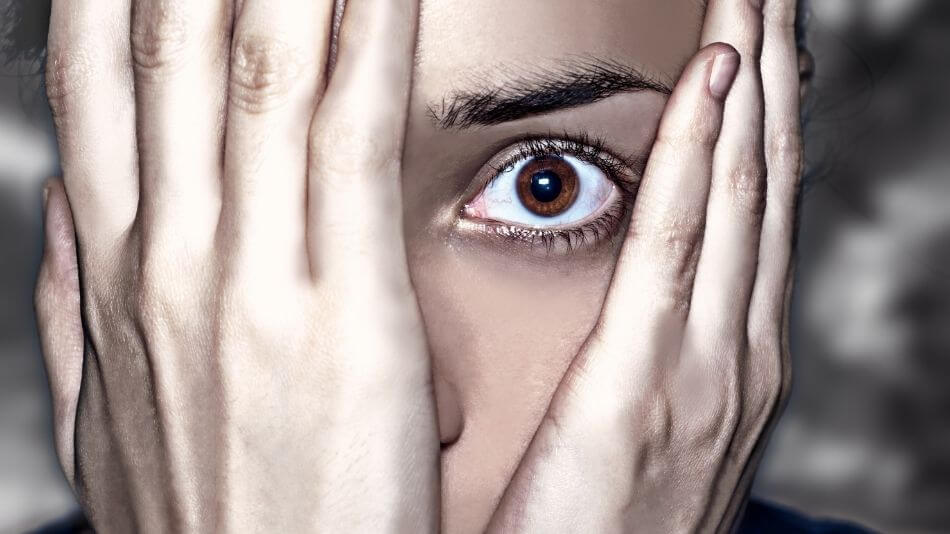
2 types of bipolar (plus cyclothymia)
Bipolar is currently diagnosed into two distinct types – bipolar 1 and bipolar 2 – though they can seem quite similar based on definitions alone, and they are often grouped with a related mood-cycling disorder called cyclothymia.
Bipolar 1 is characterized primarily by more intense “up” periods, called mania. Mania in bipolar 1 more frequently involves risky or impulsive behavior, energy that can become so excessive that it becomes unwanted, and may sometimes come with psychosis. Bipolar 1 will also generally come with major depressive episodes, but these are less crucial to the diagnosis.
Bipolar 2, on the other hand, is characterized by more frequent or severe depressive episodes. During the “up” periods in bipolar 2, sufferers will usually experience a more muted version of mania called hypomania. Hypomania can still be a great hindrance to sufferers of bipolar 2, but the increased energy, motivation, and self-esteem may sometimes be mild enough that it comes as a welcome counterpart to the depressive episodes for some sufferers.
Cyclothymia is quite similar to bipolar 1 and 2, but both the extremes of mania and depression are relatively muted. Cyclothymia may sometimes become bipolar 1 or 2 later on down the line.
CBD oil for bipolar disorder
It’s been shown that CBD has the potential to work as a treatment for depression, though studies are still early and limited. CBD may be able to impact your body’s reaction to serotonin, which may help to treat depression that is based in serotonin deficiency. Additionally, some animal studies have concluded that CBD has anti-depressant and anti-anxiety effects.
However, there are some caveats to these conclusions. The body of research is incredibly small, and has yet to be conclusively tested on humans on a large scale. Additionally, although depression and bipolar are closely related, they may not always have the same causes (or symptoms) — a treatment that works for one condition may not work for another.
Currently, the most promising research into CBD oil for bipolar disorder deals with its potential as an antipsychotic — a medication that limits the psychotic symptoms that sometimes come with bipolar.
CBD and antipsychotics for bipolar
CBD seems to have a great deal of promise as an antipsychotic, though the research is still quite young. Antipsychotics, or neuroleptics, are medications that are prescribed to treat schizophrenia, bipolar, dementia, or other psychotic disorders. Though they primarily treat the psychotic symptoms, they can be very helpful in limiting mood cycling in bipolar disorder.
Studies have shown that CBD presents similar effects to an atypical antipsychotic when used on rats, and in studies with schizophrenic patients, CBD has demonstrated an ability to reduce positive psychotic symptoms with fewer side effects than prescription antipsychotics.
CBD as a treatment for comorbid issues like anxiety
Given the comorbidity of anxiety and bipolar disorder, CBD may provide some relief to sufferers of bipolar by reducing symptoms of stress and anxiety. While not a replacement for a prescribed course of treatment, CBD may be somewhat helpful if you are experiencing acute stress in addition to bipolar symptoms.
CBD medication interactions
If you are seeking to try out a CBD regimen for bipolar, be wary that it does not interact with the medications you are taking for the condition. CBD has a drug interaction effect similar to grapefruit juice, which means that it can either inhibit or amplify the prescribed dosage of a medication. Antipsychotics and antidepressants are two medications that are liable to be affected by the ingestion of CBD, so make sure to speak to your doctor or psychiatrist before beginning a CBD regimen.
The bottom line
The research on CBD’s effect on bipolar disorder is limited, but promising. This is especially true if you are seeking relief from psychotic symptoms, or if you are looking to alleviate comorbid symptoms of bipolar, such as anxiety.
If you intend to try CBD for bipolar out for yourself, CBD Facilitator has an extensive directory of reputable sellers to choose from. Whether you’re looking for topical CBD creams, edibles, isolates, hemp flower, or something else, you’ll be able to shop with the comfort of knowing that our sellers are established in the industry, and they care about your health as much as you do.
FABCBD Oil
✔️ Three Different Potencies and Five Tasty Flavors
✔️ Full Spectrum of Cannabinoids and Terpenes
✔️ Bottles are Made to Order Ensuring Freshness
✔️ 60 Servings Per Bottle
✔️ 12 Month Shelf Life
✔️ 30-Day Money Back Guarantee
FABCBD Anytime Gummies
✔️ THC-Free
✔️ 25mg of CBD Isolate Per Gummy
✔️ Simple, Discreet, and Truly Tasty (Fruit Flavored)
✔️ No Artificial Flavors, Colors, or Sweeteners!
✔️ 30 Servings Per Bottle
✔️ 30-Day Money Back Guarantee

